Landscape Irrigation Design
LANDSCAPE IRRIGATION
DESIGN SERVICES
Setting the perfect foundations for your commercial irrigation systems are integral to long-lasting and evenly managed turf and garden growth.
While we’re usually involved in the initial planning and design phase of commercial irrigation, we ensure our approach is long term and considers the big picture to ensure your project can get the most out of its irrigation requirements.
Our detailed approach helps ensure CADSULT delivers projects over and above our customers’ expectations and provides transparency across all project phases.
Master planning and Water Licenses
- Site and survey assessments.
- Securing and assessing water resources.
- Scoping and feasibility studies.
- Master planning and budget estimates.
- Approvals and Water license applications.
- Risk control and management.
- Cross-referencing of survey plan information provided with the actual site and proposed landscape works.
- Arrange and coordinate testing of bore, pump and/or scheme water supply and review test data
- Irrigation water balance analysis.
- Prepare and submit site investigation report.
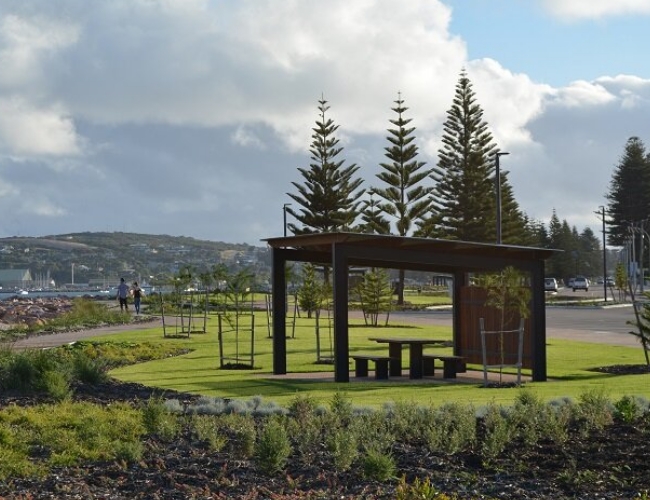
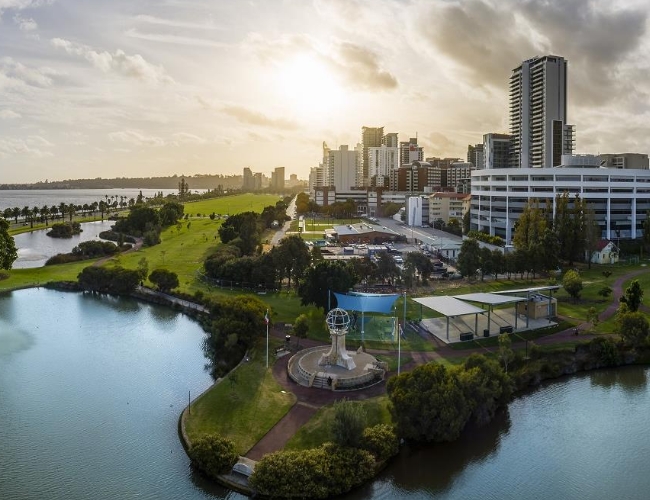
Detailed Design
We use the latest computer-aided design and drafting software and hardware to enhance productivity, presentation, and compatibility with systems used by building and landscape architects, surveyors, municipal engineering officers, town planners and other industry professionals. As part of preliminary and detailed design we:
- Prepare concept plans of major irrigation requirements and area to be irrigated.
- Undertake consultation with client representatives concerning concept and proposed control system and equipment requirements and options.
- Review budget costs and prepare preliminary design report.
- Prepare detailed design of irrigation systems, including mainline routing, sprinkler locations, lateral pipe sizing, and control system etc.
- Prepare and issue drawings revised to “issued for comment”, liaise with the client prior to Finalizing the design.
- Optimize layouts.
- Assist in component selection.
- Complete hydraulic modelling and analysis.
- Complete system, associated civil, and electrical designs.
- Provide detailed design drawings.
Documentation
We provide detailed documentation, ready to go to tender and offer experienced advice on the irrigation contract throughout the tendering process and following the appointment of an irrigator. Our detailed documentation, involves:
- Drawings revised to “issue for tender”, for inclusion in the documentation package.
- Documentation identified through consultation with client representatives.
- Detailed technical specification documents including special clauses and requirements.
- Pre-tender estimates.
- Capital vs operation costs.
- Performance optimization.
- Automatic control systems.
- Adherence to local rules, regulations and standards
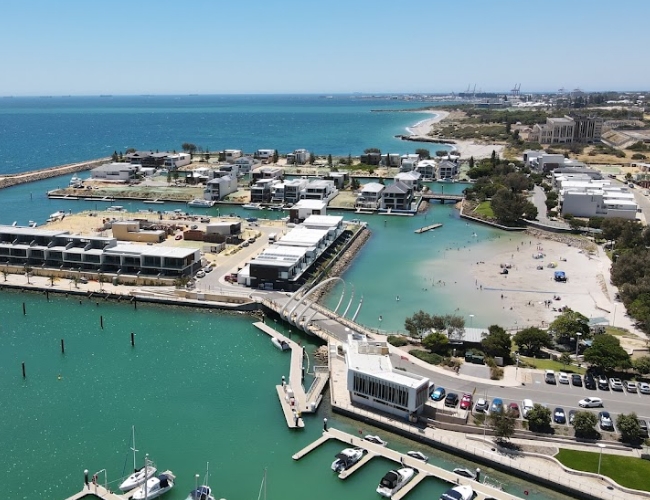
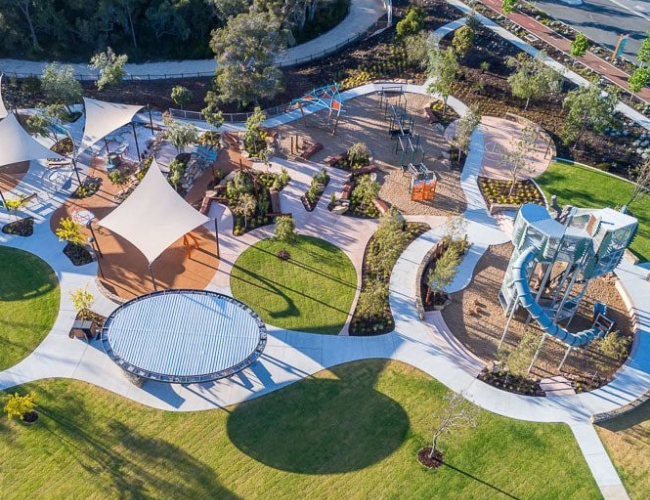
Contract Administration
- Review, reporting, and recommendations on tenders received.
- Periodically inspecting works in progress to verify the contractor’s adherence to contract and specification requirements.
- Preparation and issue variations as required throughout the contract period.
- Attendance and inspection at practical completion phase of works.
- Preparation and submission of project Practical Completion Report.
- Attendance as required for maintenance and/or defects during the defect’s liability period.
GPS Feature Surveys
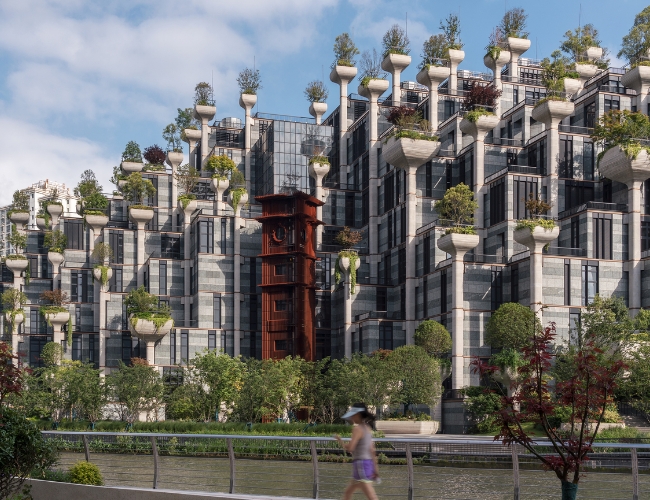
Audits
Audits are used to evaluate the efficiency and effectiveness of an existing irrigation system. It involves the collection of data on the system’s performance to help identify areas where water is being wasted, and provide recommendations for improving the system’s efficiency, ultimately conserving water and reducing costs. The process would typically include:
- Visual Inspection: Checking for broken, damaged, or leaking components, and ensuring sprinklers are properly positioned and spaced
- Distribution Uniformity (DU) Evaluation: Using catch cans to measure how evenly water is distributed across the irrigated area.
- Precipitation Rate Determination: Calculating the rate at which water is applied to ensure it matches the landscape’s needs

- Master Planning and Water Licenses
- Detailed Design
- Documentation
- Contract Administration
- GPS Feature Surveys
- Audits
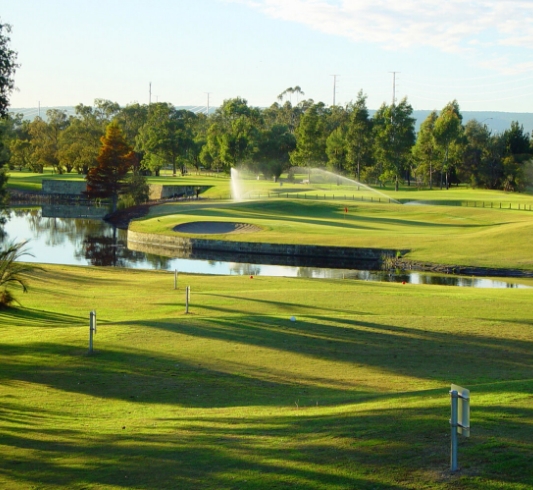
Request Our corporate brochure
Submit your email below for a full scope of our capabilities.
